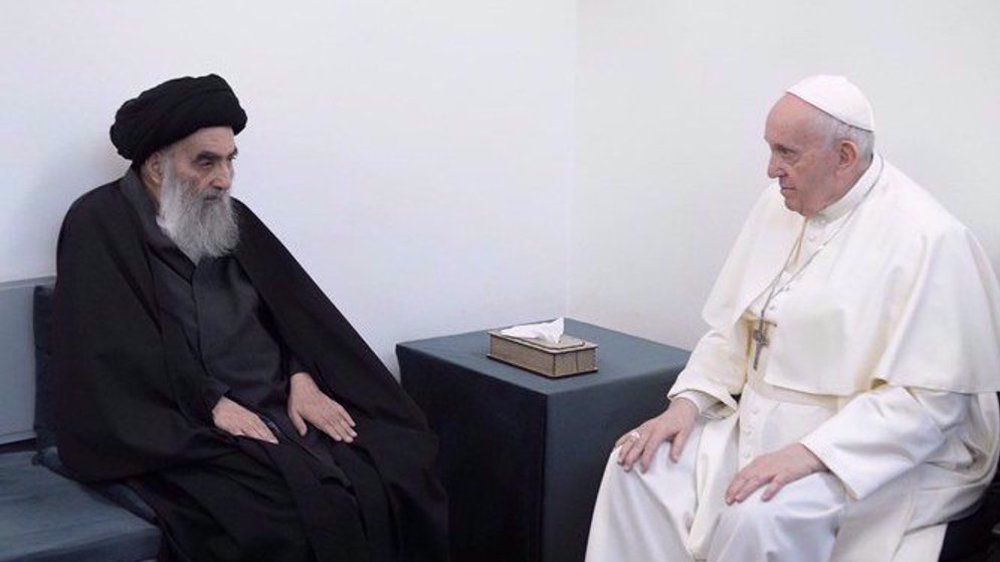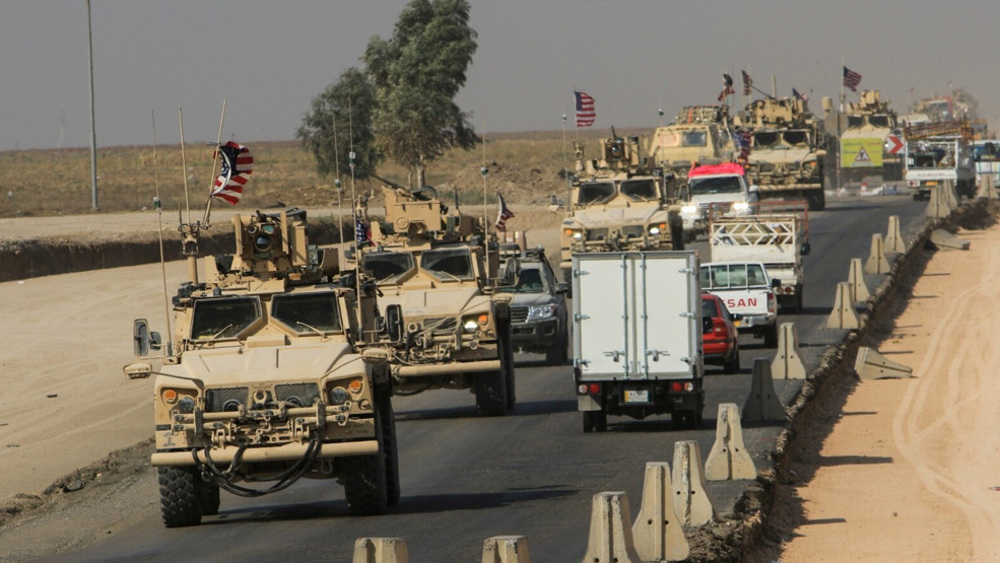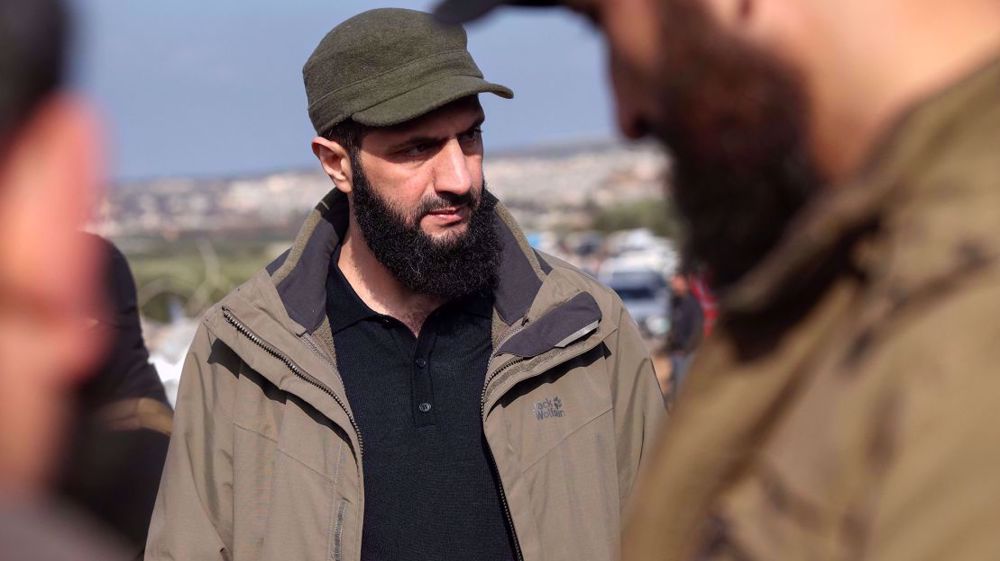Iraq seeks ‘substantial’ Russian military, political presence: Maliki
Iraqi Vice President Nouri al-Maliki has called for “substantial” Russian military and political presence in the terror-ravaged country, saying this would bring “balance” to the entire region.
“It’s well known that Russia has historically strong relations with Iraq, therefore we would like Russia to have a substantial presence in our country, both politically and militarily,” said the senior Iraqi official during a Monday meeting with speaker of Russia’s upper house of parliament, Valentina Matviyenko, in Moscow, RT reported.
“This way, a balance would be established that would benefit the region, its peoples and its countries” added Maliki, saying his country believes “in Russia’s role in solving most of the key international issues as well as improving stability and balance in our region and worldwide.”
Matviyenko, in turn, welcomed Baghdad’s desire to boost ties with Moscow and said, “Russia is also determined to expand its interaction with Iraq both politically and economically as well as in the military-technical sphere, and, of course, on the parliamentary level.”
Maliki had earlier in the day held talks with Russia’s Foreign Minister Sergei Lavrov, and is due to meet Russian President Vladimir Putin in St. Petersburg on Tuesday.
On Saturday, Maliki criticized the US role in Iraq, saying Washington had in the first place contributed to the emergence of the Daesh terrorist group.
Washington now seeks to establish military bases on Iraqi territory in a bid to maintain influence in the region, he said.
“ISIL (Daesh) resembles the Taliban which was created by the US administration to counter the USSR in Afghanistan. The same way, ISIL was created to counter the Iraqi stance, which did not agree to blockade Syria, was against no-fly zones in Syria and against American military bases,” said the Iraqi vice-president in an interview with Russia’s RIA Novosti news agency.
“The Iraqi society is against foreign military bases on the country’s territory,” al-Maliki noted, adding that he has already warned the Americans against “coming back to Iraq and setting up bases here.”

Ayatollah Sistani offers condolences on passing of Pope, hails his role in promoting peace

US arms convoys enter Iraqi Ain al-Asad base from Syria: Report

Syria’s self-proclaimed president can be arrested if he visits Baghdad: Iraqi figure
Iran ‘strong, confident’ enough to thwart malicious external actors’ plots: Araghchi
Iran foils ‘extensive, sophisticated’ cyberattack on national infrastructures: Official
VIDEO | Iran-US agreement: Too far, too near
VIDEO | Iran-Algeria alliance
Pezeshkian: Iran welcomes foreign investors, international traders
VIDEO | Types of enmity towards Israel
Israeli forces abduct, attack more Palestinians in raging West Bank raids
Iran asserts zero enrichment ‘non-negotiable’, insists defense capabilities ‘red line’










 This makes it easy to access the Press TV website
This makes it easy to access the Press TV website